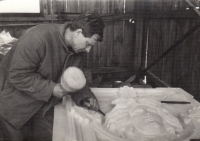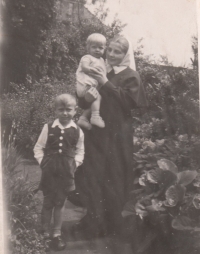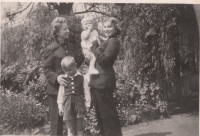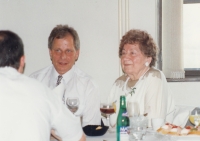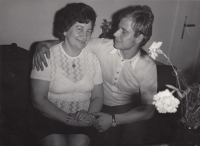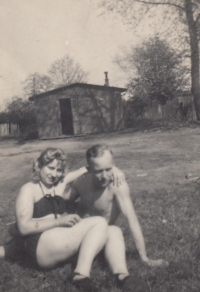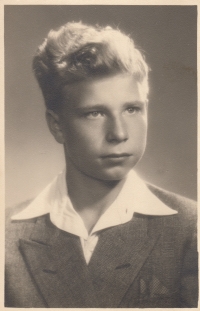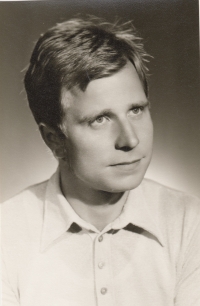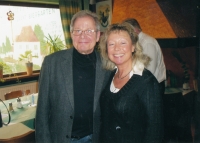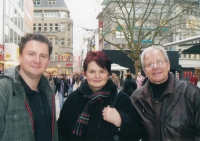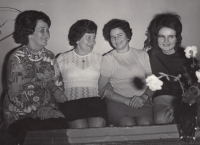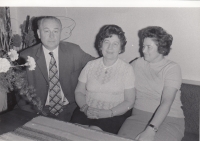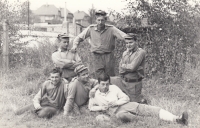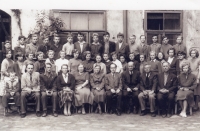Kluk z vybombardovaného vlaku našel mámu po 23 letech
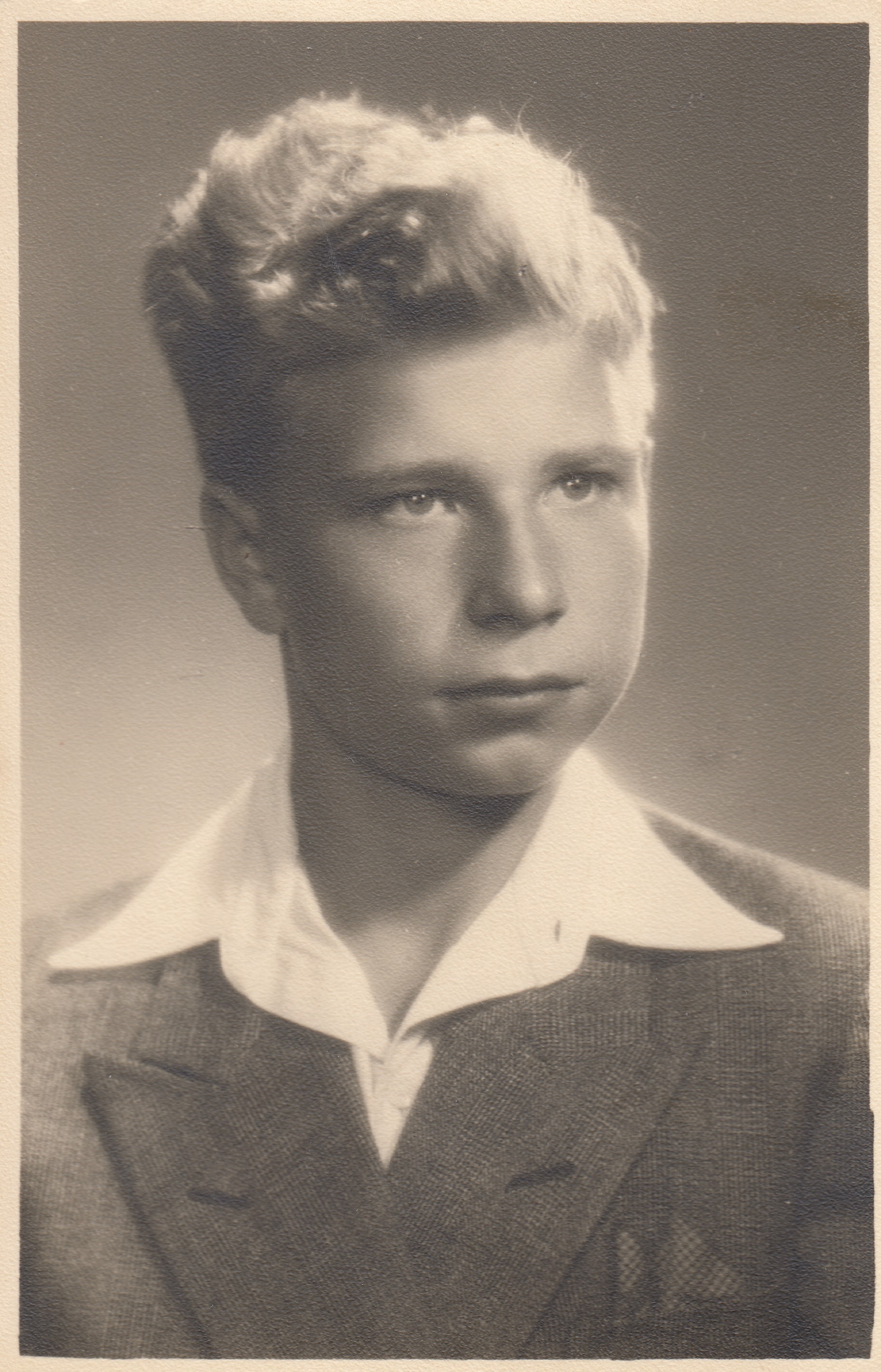
Download image
Jan Wallstein was born the 13th of February 1942 in Peiskretscham in what was then Germany. When he was three years old , he was put on a transport that was then bombed in the Sudetenland. The boy was taken in by the German Schleger family, but after their expulsion from the Sudetenland Jan found himself in a children’s home. The Vecks adopted him at the age of ten. But the despotic parenting methods of his stepfather, who used to be a member of the National Security Corps, meant that the adoption came to an end in 1960. Jan got married and moved to Žacléř, where he worked in a black coal mine for several years. A colleague pointed out to him that lost relatives can be found through the Red Cross. In 1968, Jan got in touch with his mother in Germany. In 1971, he moved to Liberec to be with his second wife, and for Christmas that same year, his mother with his uncle and aunt came to Czechoslovakia. From 1973 onwards he was allowed one trip to Germany a year. In the eighties he moved to Hradec Králové. The hard work of a stonemason took its toll on his health, nonetheless he carried on in his profession until 1995. Jan Wallstein retired in 2000 and in 2021 he was living in Hradec Králové.
